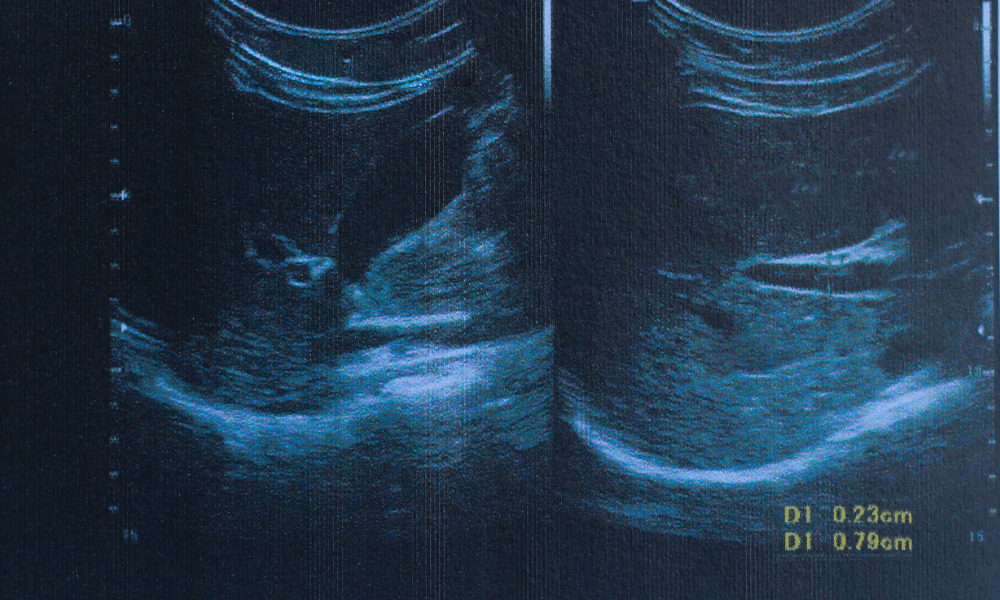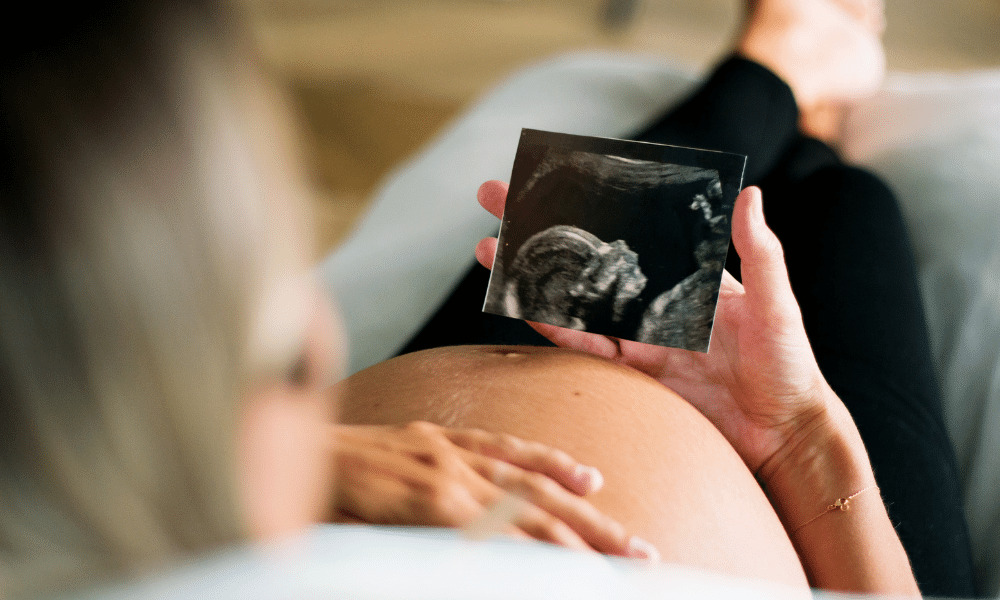
Can Gallbladder Cause Fertility Problems In Females? The gallbladder is a small organ that plays a vital role in digestion. But can it influence a woman’s fertility? This question has sparked significant interest and research in the medical community. This blog post will delve into the current understanding of how gallbladder issues might affect female fertility, drawing on the most recent research and expert insights.
Understanding The Gallbladder
The gallbladder is a small, pear-shaped organ located beneath the liver. It stores bile, a fluid produced by the liver to digest fats1. But could issues with this organ inadvertently affect a woman’s ability to conceive?
The Connection Between Gallbladder Issues and Female Fertility

While gallstone disease has been associated with factors such as young age at menarche, abortions, and multiple childbirths, it does not appear to directly affect fertility2. However, the relationship between gallbladder issues and fertility is complex and varies depending on several factors.
The connection between gallbladder issues and female fertility is a topic that has garnered research interest due to the observed associations between these two factors. Multiple studies have indicated that there is a higher prevalence of gallstone disease in women, particularly during their fertile years. Women are almost twice as likely to develop gallstones compared to men, and this gender-based susceptibility is well-documented in medical literature [1].
The relationship between female fertility and gallbladder health can be explained through the “5 F’s” mnemonic, which lists risk factors for gallstone disease. Among these factors, “Female” and “Fertile” are included, signifying that being a woman in her childbearing years contributes to a higher risk of gallstone formation [3]. The hormonal changes that occur during pregnancy and the use of estrogen-based therapies have also been linked to gallstone formation, further emphasizing the connection between female fertility and gallbladder health [4].
Gallbladder Issues and Pregnancy

Pregnancy can contribute to gallbladder problems due to increased hormone levels, especially progesterone3. If the gallbladder is affected during pregnancy, it can cause symptoms and complications that could impact the baby’s health4.
Gallbladder issues and pregnancy have a notable connection, with several studies and clinical observations highlighting the relationship between the two. Pregnancy, particularly during the second and third trimesters, is a period of heightened risk for gallstone formation. The increase in estrogen and progesterone levels during pregnancy can lead to changes in bile composition, which can make it more prone to gallstone formation [4].
Additionally, the hormonal changes and pressure exerted by the growing uterus on the gallbladder can slow down the emptying of the gallbladder, further predisposing pregnant individuals to gallstones. This condition, known as cholestasis of pregnancy, is characterized by the accumulation of bile acids and can lead to discomfort and complications during pregnancy [7].
In some cases, gallbladder issues during pregnancy may necessitate medical intervention or surgery. However, treatment decisions should be made carefully, considering the potential impact on both the expectant mother and the developing fetus. Understanding the link between gallbladder issues and pregnancy is crucial for healthcare providers and expectant mothers to ensure optimal care during this critical period.
Gallstones and Fertility

Though there is anecdotal evidence suggesting a connection between gallstones and fertility issues, medical professionals generally agree that gallstones do not directly impact fertility5 6.
The relationship between gallstones and fertility is a multifaceted one, with several factors at play. While gallstones themselves may not directly impact fertility, the underlying conditions that often lead to gallstone formation can have implications for reproductive health. Gallstones are more common in women, especially during their fertile years, and hormonal changes associated with pregnancy can increase the risk of gallstone formation [1].
In cases where gallstones lead to symptoms such as abdominal pain or inflammation of the gallbladder (cholecystitis), these issues can potentially affect a woman’s ability to conceive or carry a pregnancy to full term. Additionally, if gallstones cause complications such as blocking the bile duct, it may necessitate medical intervention or surgery, which can have implications for fertility [9]. Therefore, while gallstones themselves may not directly impact fertility, the associated risk factors and potential complications should be considered in the context of reproductive health, particularly in women of childbearing age.
Conclusion
The relationship between gallbladder issues and female fertility is multifaceted and still being explored. While some studies suggest potential effects, more research is necessary to fully understand the implications. As we navigate our reproductive health journeys, it’s crucial to make informed decisions about our healthcare choices, including understanding the potential impacts of gallbladder issues.
FAQs
Do gallbladder issues affect female fertility?
While gallstone disease has been associated with factors such as young age at menarche, abortions, and multiple childbirths, it does not appear to directly affect fertility.
Can gallbladder issues cause complications during pregnancy?
Pregnancy can contribute to gallbladder problems due to increased hormone levels, especially progesterone. If the gallbladder is affected during pregnancy, it can cause symptoms and complications that could impact the baby’s health.
Is it safe for women trying to conceive to have gallbladder issues?
Given the lack of conclusive evidence and the potential risks, women trying to conceive should discuss their gallbladder health with their healthcare provider.
